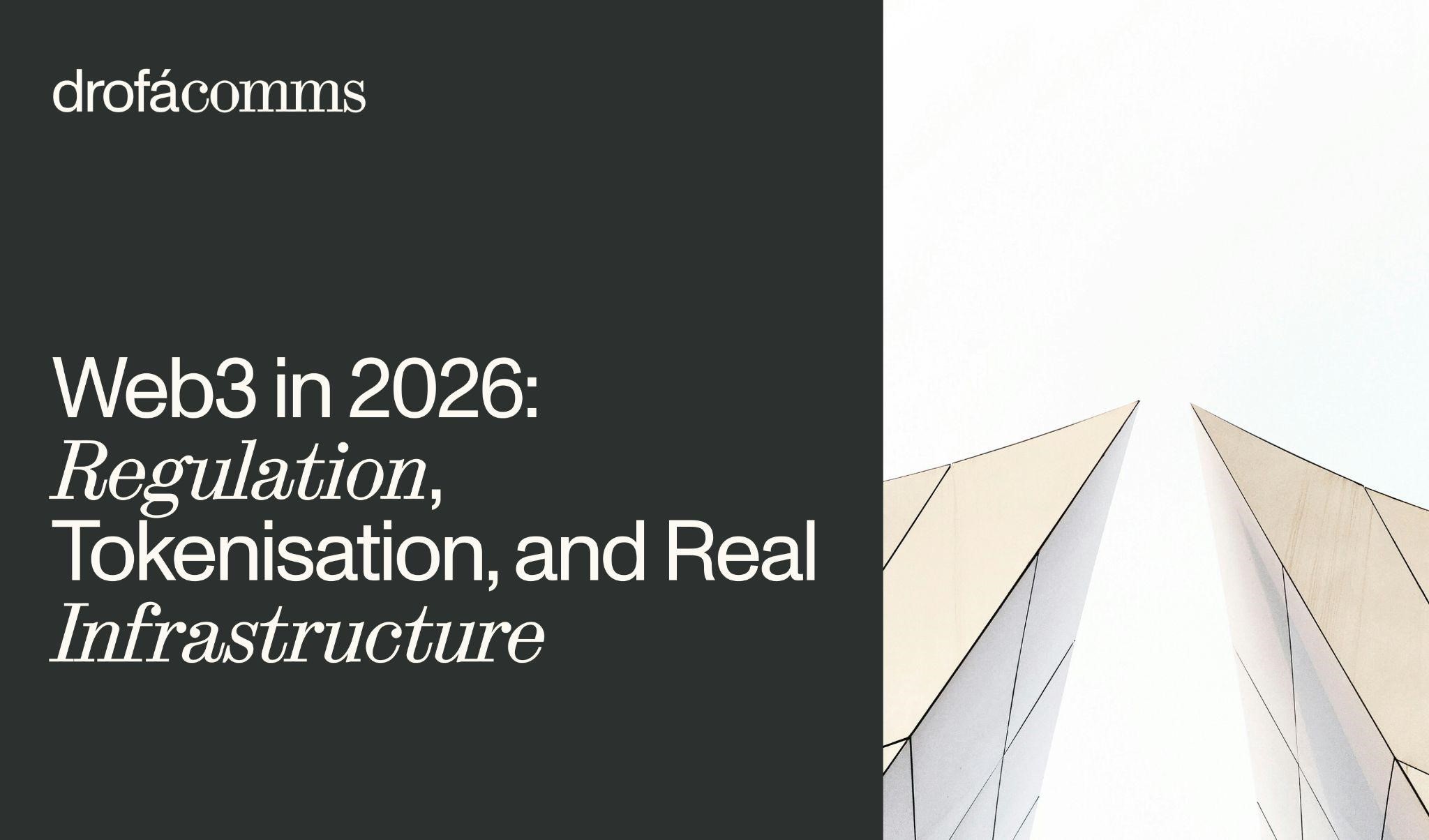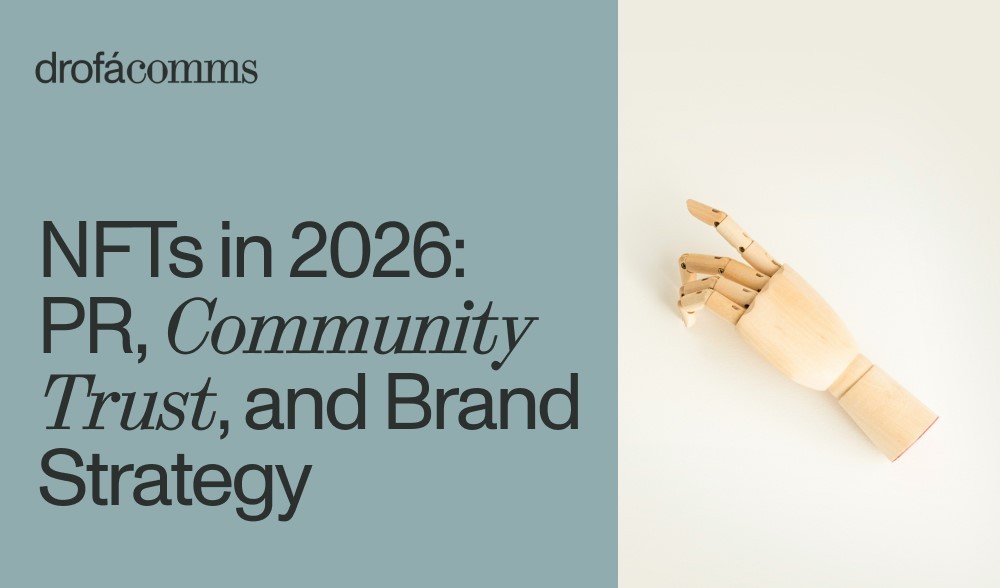The fintech industry has experienced explosive growth in recent years. In 2024 alone, fintech companies saw revenues increase by 21%, compared to only 6% for traditional financial institutions. Forecasts suggest the global fintech market could surpass $1 trillion by 2034, with a CAGR of nearly 17%.
Fintech adoption is now mainstream: according to EY, more than 64% of global consumers regularly use fintech solutions, while in markets like China and India adoption exceeds 85%. Mobile payments alone are expected to reach $12 trillion by 2028, making fintech part of everyday life.
Yet, this rapid expansion has brought new challenges. It is no longer enough for fintech brands to simply launch smarter, faster, or more convenient solutions. Customers, regulators, and investors are demanding more: transparency, accountability, and trust.
From Disruptors to Trusted Institutions
Fintechs began as industry disruptors, promising better alternatives to legacy banks. But as they scale, their role is shifting. Today’s fintech leaders must focus on:
Responsible innovation rather than speed alone
Clear, consistent communication instead of hype
Visible, accountable leadership to reassure all stakeholders
A breakthrough app or cutting-edge algorithm will not, by itself, drive sustainable growth. Trust is now the most valuable currency. In fact, studies show that 57% of consumers say they would switch to a competitor after a single data breach — highlighting how fragile reputation can be in the financial sector.
Why Communication Matters More Than Ever
Consistency in communication is critical. Fintechs must not only explain how their products work, but also demonstrate strong governance, compliance, and long-term vision.
Mixed signals — for example, claiming to be “unbreakably secure” while lacking a transparent privacy policy — can quickly damage reputation and stall growth.
Fintechs that win in the long run will be those that treat trust as a strategy, not just a marketing slogan. Transparent messaging not only attracts users but also reassures investors: in 2024, fintech startups that emphasized governance raised 30% more funding on average than those that did not.
Leadership as the Face of Trust
Trust is built by people, not platforms. When challenges arise — whether it’s a service breakdown, a data breach, or regulatory pressure — leaders who step forward, acknowledge the issue, and communicate solutions reinforce credibility.
Being visible, human, and accountable is no longer optional — it is a requirement for survival and growth. Just look at the fintech failures in recent years: companies that avoided transparency during crises often lost both customers and investor support, while those that admitted mistakes and corrected them managed to recover faster.
Compliance as a Competitive Advantage
Regulatory scrutiny is intensifying worldwide, especially around AI, crypto, and data protection. In 2025 alone, fintech companies faced record fines of more than $5 billion globally for compliance failures.
But compliance should not be seen as a burden — it is an opportunity. Fintechs that openly share how they protect customer data, undergo audits, and adapt to evolving regulations will stand out. Transparency in compliance builds trust with customers, confidence with investors, and credibility with regulators.
Forward-looking fintechs are already leveraging compliance as part of their brand — turning what was once a challenge into a competitive differentiator.
Conclusion: Building Growth on Trust
The next era of fintech will not be defined by technology alone. Growth will come to those companies that can combine innovation with transparency, responsibility, and integrity.
Fintechs that humanize their mission, strengthen governance, and communicate proactively will not just survive in a competitive market — they will lead it.
Inspired by Valentina Drofa, Founder & CEO of Drofa Comms, a global PR and communications consultancy specializing in fintech and financial companies. At Drofa Comms, we help innovative businesses build reputation, establish thought leadership, and earn long-term trust on a global scale.
Read the full article on The Financial Brand
Schedule your free consultation
A review of your current communications activities
General recommendations on what to focus on
PR Consultant's vision on how PR could help your business growth
other materials
All articles







